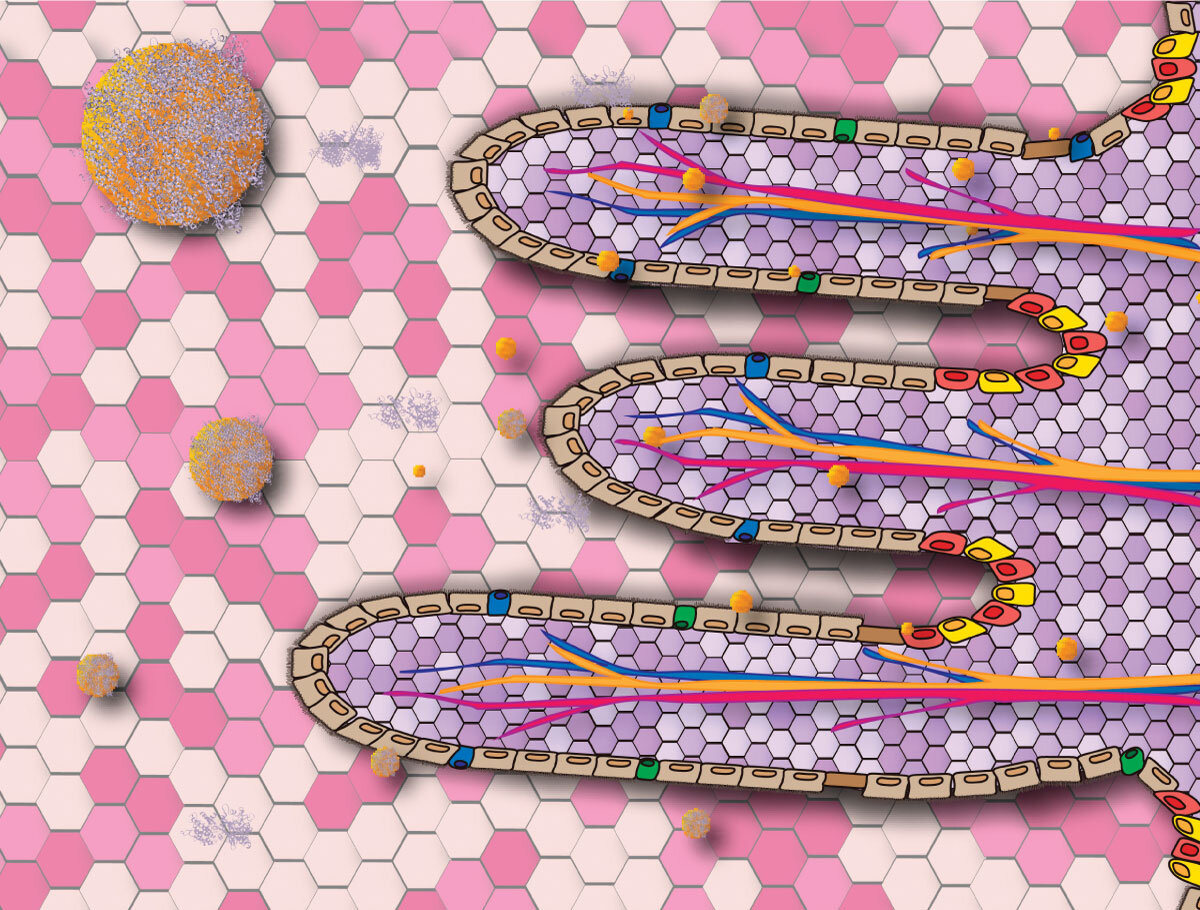
Researchers from INL solve problems related to Omega 3 addition in food
March 31, 2020
Omega-3 are essential fatty acids recognized for their important health benefits such as improvement of cardiovascular health, a decrease of inflammation, improvement of cognitive function and better neurological and visual development. Therefore, the food industry has increased its interest in enriching food with omega-3 essential fatty acids.
However, one of the major problems associated with the addition of these compounds to food products is their high oxidation which affects food quality and promotes negative organoleptic properties associated with rancidity, features that contribute to decreased acceptability by consumers.
The solution devised by INL researchers from the Food Processing Group to this problem was to encapsulate this omega-3 using the nano-emulsification method and Lactoferrin, a milk protein, as a natural surfactant.
Results showed that nanoemulsions with a size of 200 nm are stable under 4°C during 70 days and have a slow-release under gastric conditions as well as a fast release under small intestine conditions. Furthermore, it was assessed that the nanoemulsions can be used loading 12.5 μg.mL−1 of omega-3 essential fatty acids without affecting the cellular viability.
This approach shows the capacity of encapsulation and nanoscale as a way to encapsulate and deliver omega-3 but can also be used as a model for other lipophilic bioactive compounds.
The article with the conclusions of this research was just released and made the cover of the March edition of “Food & Function” a scientific journal from the Royal Society of Chemistry.



